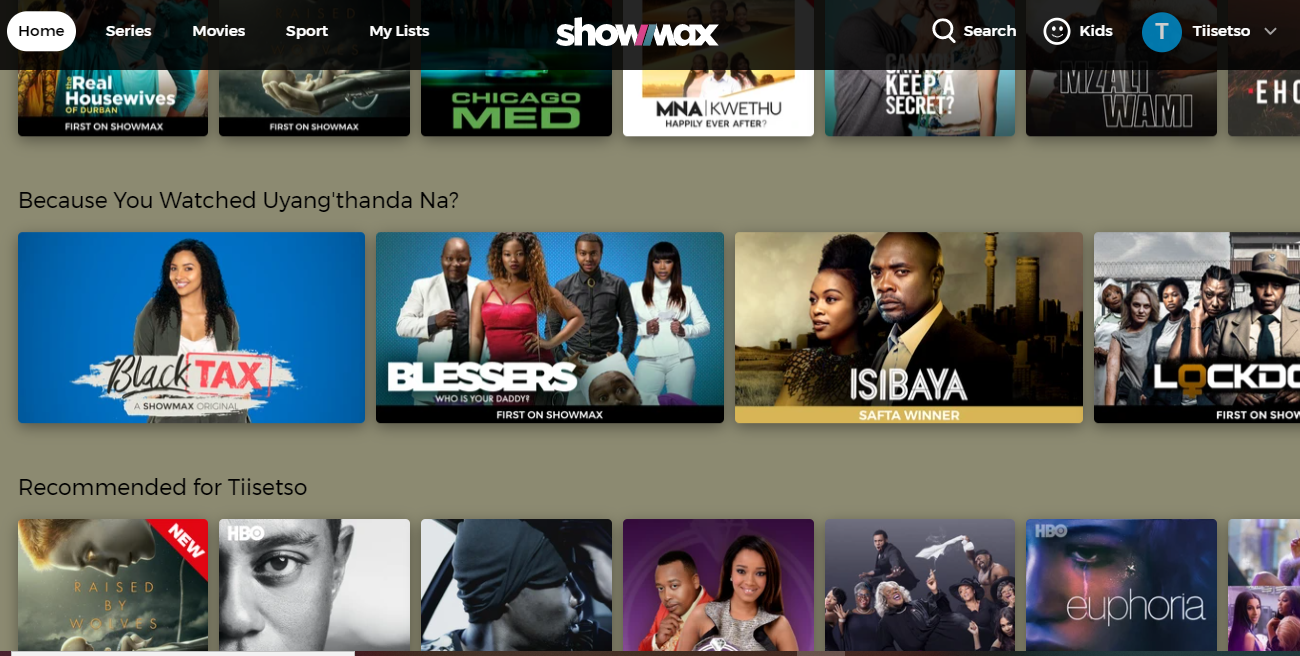Technological advancement, including social media platforms, has allowed brands to better target customers with marketing messages and campaigns. New tech has also helped audiences to distinguish
relevant content from the wide-range of choices available to them. This is the type of personalised content that aligns with their interests.
Customer relationship management (CRM) is a platform that brands use to manage interactions to engage and strengthen relationships with existing and potential customers. The CRM system helps to collect, organise and manage consumers' information, enhancing customer service and optimised marketing efforts.
media update's Pamela Manzenze reveals four ways CRM can help you secure the success of your brand’s marketing campaign.
1. CRM systems allow you to know your audience
To be on top of their game, marketers need to know their audiences. The CRM system can help them do this as it gathers information about the potential customer or lead. This includes factors influencing their spending habits and preferences. This will help you, the marketer, refine your messaging and get the most out of your spend. It will also strengthen your referral base as customers will know the value of working with you.
This system enables artificial intelligence (AI) targeting where you can also use its learning tools to collect customer information from all their connected devices. This means that you are able to see or predict behaviours based on what your consumers search for, websites they visit and what they do with the information afterward. As a brand using AI, it is easier to identify groups of people with similar interests and demographics.
For example South Africa’s subscription video streaming service Showmax communicates with viewers according to their viewing behaviour and preferences. It uses their search history to recommend which series and movies to feature for an individual customer based on their viewing patterns.

2. CRM enhances customer segmentation
CRM means marketers sort larger groups into smaller nodes based on similar needs, interests and characteristics for nuanced marketing. In addition to those common attributes, they must also ensure that the customer responds in a similar way. Your target audience consists of unique individuals with differing needs, so you can't use a one-size-fits-all approach.
You can't be everything for everyone and appeal to everyone.Brands also need to use account-based marketing to help them know who they are marketing their product to. In this approach, you target specific businesses and build relationships with key decision-makers for new sales opportunities.
But you also need to segment your audience based on recent activities, buying history, personal preferences and daily social media activities. The more information you have, the better your chances of converting a loyal customer.
For example, a recent
KFC campaign offered customers a free pair of earphones when they buy the streetwise remix.
One of KFC's target audiences is young people. For this audience, music is a huge drawcard with the cost of the meal being affordable for this segment.
3. CRM systems allow for more personalised content
Once you have identified your target audience and segmented them into groups, you need to individualise your marketing content.
Gone are the days where marketers rushed to engage the entire audience rather than a one specialised niche market. This will hopefully mean the end of the dreaded "dear customer" greeting. Now brands can address customers by name.
In addition, knowing more about the consumer helps you shape your content for the individual and makes them feel important and valued. This could include things like knowing where they work and the position they hold.
The more focused you are on them, the more your response rate improves; you’ll also have a stronger brand perception and increased repeat purchases.
4. CRM allows brands to stick to what works
Once you've established an effective marketing campaign, stick to it. It's far better than going back to square one. A campaign that you repeat becomes better and holds more value as you take time to review and revive.
With the CRM system, you can monitor and evaluate whether your campaign has been successful or has achieved the desired goals. And after identifying the one that did well you can use it again and tailor the message to suit different audiences. This will help minimise marketing costs as there will be fewer risks and errors the second time.
Take, for example,
Unilever's 12 campaigns that smash stereotypes in an effort to defy outdated and harmful cultural norms. This includes the
Lux and E! Entertainment's content partnership, where women celebrities defy femininity norms and express themselves unapologetically at the Oscar Awards. The same strategy is used in the
Dove #ShowUs Project, which aims to break beauty stereotypes in the world by showing women as they are and not what society expects.
If you are a brand of any size looking to gain a better understanding of who you are selling to, turn to CRM tools — you'll never go wrong.
How are you using CRM systems to create better marketing campaigns? Let us know in the comments section below.
Are you enjoying our content? To see more marketing updates sign up for our newsletter.
Image courtesy of Canva